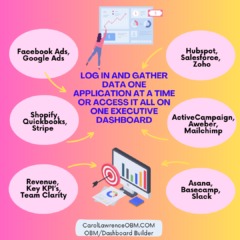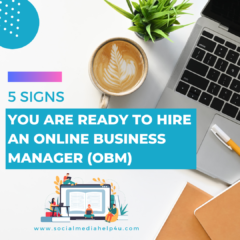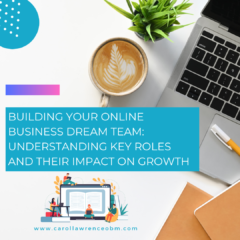Artificial intelligence is set to revolutionize the modern job market in ways those who experienced the digital revolution only dreamed about. According to Glassdoor, artificial intelligence (AI) will be changing almost every part of the American workforce in 2018.
AI has a number of applications that may be influence the future job market. Currently, softwares have been used to search for inconsistencies in data in the digital security industry.
For instance, text analytics strengthen border security by screening for potential dangers and predicting future issues. Robotics have also been used in the manufacturing and medical industry to perform manual tasks.
However, AI is constantly in development. Because of this, many American workers are uncertain about their futures in the job market and what the AI revolution could mean for the careers of young professionals.
This is especially true of millennial employees, which may be in the same career position now as their parents before them during the digital revolution. The oldest millennial is currently 35 and the average age of retirement is 63. Looking at how far technology has come in just the last few decades, there’s a realistic chance millennials may retire in a career landscape entirely different than the one they’re currently working in.
According to Forbes, the outlook for the AI revolution can be interpreted in two ways: optimism and pessimism. Those who are optimists regarding the AI revolution say AI will help to create more jobs while pessimists say AI will replace workers altogether.
AI most likely won’t replace all workers, but they may certainly shift career paths. A Gartner report from 2017 predicted that the AI revolution would actually help to create more jobs than it would replace over the course of the next three years.
However, as AI becomes the solution for necessary labor, worker competition will increase and technological skills will become necessary. Optimists point to the possibility for new careers for those who are educated in technology and engineering.
But this only makes the achievement gap that much wider between socioeconomic classes. After all, if AI promises more jobs to those who can receive a higher education and earn higher wages, what does this mean for those who are unable to go to college?
The New York Times reports that the AI revolution could very well put thousands of low-income workers out of a job. However, it also says AI could help fight the war on poverty by matching jobless workers to unfulfilled middle-class careers and teaching students using differentiated education.
In any case, the AI revolution has yet to become adopted by the American workplace en masse. This makes it more difficult to predict the potential future of AI’s true impact. However, AI certainly will make an impact and change the game of the American career.
“Millennials should heed the warning signs,” reports Forbes, “take initiative, and equip themselves with the skills needed to survive a potentially tumultuous economic evolution.”
Kelsey R. is a writer and an avid world traveler. When she’s not writing or listening to 80s music, you can find her exploring different countries, taking selfies with her dog Lady, and in constant search for the perfect brownie recipe.









